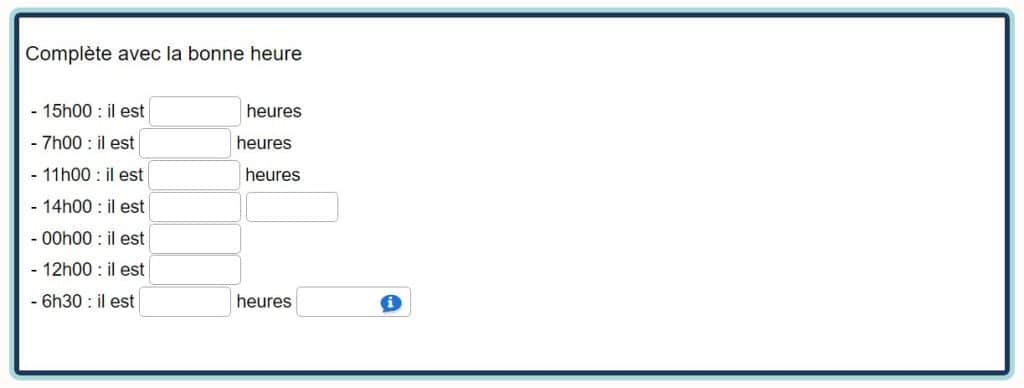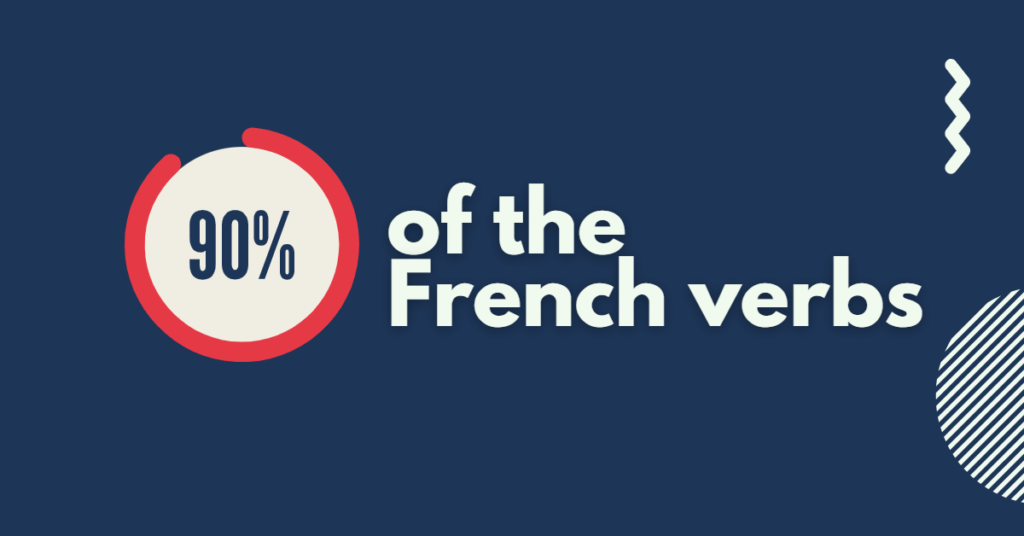Les heures en français.
Can you tell the time in French if someone asks you on the street? Here are some examples when you are asked what time it is? (“Quelle heure est-il ?”).
6h > Il est six heures : It’s 6 am.
8h > Il est huit heures : It’s 8 am.
15h > Il est quinze heures : It’s 3 pm.
“Il est” is the expression used to tell the time, both in the singular and plural, both to ask and to answer. Example: Il est quelle heure / Quelle heure est-il ? Il est 7h30 du soir (What time is it? It’s 7:30 at night).
Can’t you say 30 (trente) in French yet? No problem, you can start by saying “et demie” :
- 20h30 : Il est huit heures et demie (du soir)
- 7h30 : Il est sept heures et demie (du matin)
For fifteen minutes we can add et quart:
- 7h15 : il est sept heures et quart
- 8h45 : il est neuf heures moins quart*
*Did you notice the “moins quart”? After 35 minutes the difference to the next hour is diminished: ” 12h40 = une heure moins vingt ” = one hour minus twenty, or twenty to one, as we say in Portuguese.
- 8h40 : il est neuf heures moins vingt (du matin)
- 14h55 : il est quinze heures moins cinq / il est 3 heures moins cinq de l’après-midi.
Register for free to do the exercises and access +1000 exercises and videos in French.

Tips : Just as in English there is a special word for noon and midnight, in French we say: midi (noon) and minuit (midnight)
Pour résumer
There are two ways to announce the schedule at a time. The first is the most used (with 12 hours) and the second (with 24 hours).
| 12 h 00 12 h 05 12 h 10 12 h 15 12 h 20 12 h 25 12 h 30 12 h 35 12 h 40 12 h 45 12 h 50 12 h 55 13 h 00 0 h 00 | midi midi cinq midi dix midi et quart midi vingt midi vingt-cinq midi et demie une heure moins vingt cinq une heure moins vingt une heure moins le quart une heure moins dix une heure moins cinq une heure minuit | douze heures douze heures cinq douze heures dix douze heures quinze douze heures vingt douze heures vingt-cinq douze heures trente douze heures trente-cinq douze heures quarante douze heures quarante-cinq douze heures cinquante douze heures cinquante-cinq treize heures zéro heure |
Repeat the times you hear
Les dates en français
Les mois en français (the months in French)
To talk about dates, you first need to remember the months:
- January: janvier
- February: février
- March: mars
- April: avril
- May: mai
- June: juin
- Jully: juillet
- August: août
- September: septembre
- October: octobre
- November: novembre
- December: décembre
Do you want to know how to conjugate 90% of French verbs? Download our PDF!
Write dates in French
In French, the date must be written in the order “day month year” and without commas between the words. Note that the name of the month does not start with a capital letter. Here are some examples (accompanied by the abbreviated version):
- 14 août 1992 (14/08/1992)
- 15 mars 2005 (15/03/2005)
Learn how to speak the date
To say a date, add the article le at the beginning. Next, you will find the dates from the previous step written in the way they would be spoken. Study how to count in French if you have difficulty reading numbers:
- 04/08/1789 : le quatre août mille sept cent quatre-vingt-neuf
- 15/04/2014 : le quinze avril deux mille quatorze
All months are masculine nouns, so the article used will always be le.
An exception
When talking about the first day of a month, use 1er in the written form and use premier when saying it. This is the only case when you should use the ordinal (first) number instead of the cardinal (one). For example:
- 1er mai (01/05); spoken: le premier mai




